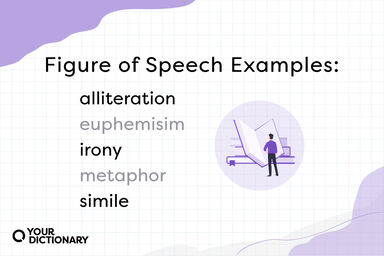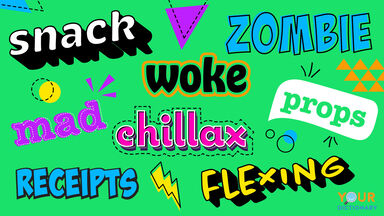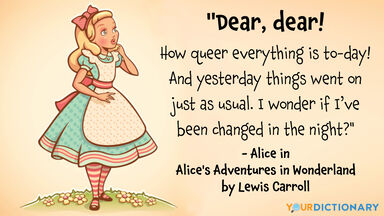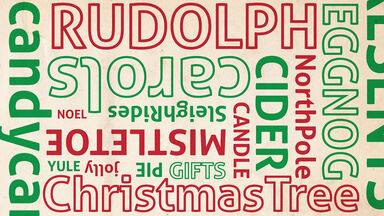Mad Definition
(slang, New England, New York and UK, dialect) Intensifier; to a large degree; extremely; exceedingly; very; unbelievably.
- Wildly; impetuously:
drove like mad.
- To an intense degree or great extent:
worked like mad; snowing like mad.
- Crazy; mentally deranged.
- to be angry
- completely crazy
Idioms, Phrasal Verbs Related to Mad
- like mad
- mad as a hatter
- have a mad on
- mad as a hatter
Origin of Mad
-
Middle English medd, madd, from Old English gemÇ£d (“enraged"), from gemād (“silly, mad"), from Proto-Germanic *maidaz (compare Old High German gimeit (“foolish, crazy"), Gothic gamaiþs (gamaiþs, “crippled")), past participle of *maidijanÄ… (“to cripple, injure"), from Proto-Indo-European *mei (“to change") (compare Old Irish máel (“bald, dull"), Old Lithuanian ap-maitinti (“to wound"), Sanskrit [script?] (méthati, “he hurts, comes to blows")).
From Wiktionary
-
Middle English mentally deranged, rabid, angry from Old English gemǣdde past participle of gemǣdan to derange mentally, madden from gemād mentally deranged mei-1 in Indo-European roots
From American Heritage Dictionary of the English Language, 5th Edition
Find Similar Words
Find similar words to mad using the buttons below.





